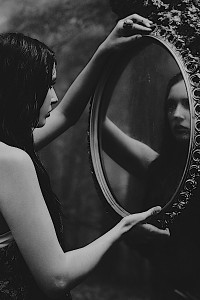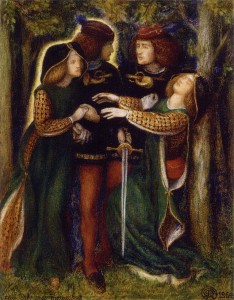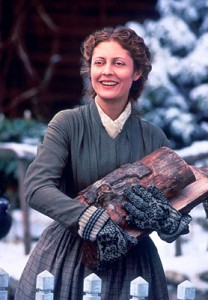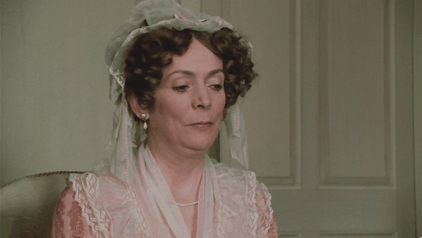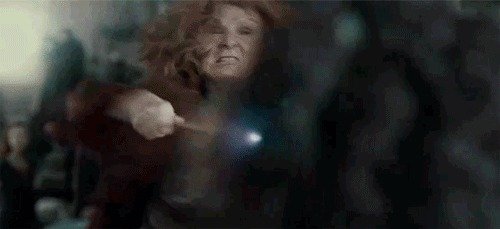Picture this: you’re standing in front of the mirror, brushing your teeth. Your reflection stares placidly back. A whistle from the kitchen startles you–you turn to look into the kitchen, and you see the noise is just the kettle going off. You turn your gaze back to the mirror, and in that instant, out of the corner of your eye, you are certain that your reflection has not moved. You lock eyes with yourself, but your reflection seems suddenly wrong. Are your eyes really so dark? Your chin so sharp?
But no. You tell yourself you’re just being stupid. Of course that’s what your reflection looks like–it’s you, after all. Isn’t it?
Maybe. Or maybe it’s your doppelgänger.
Although the German word doppelgänger, translating literally to “double-goer,” is a relatively recent addition to the vernacular, the concept of an alter-ego or shadow self appears frequently in the mythology and folk-lore of many world cultures. Although a physical lookalike or double of the person in question, a doppelgänger often takes the role of a darker counterpart to the self. In many cultures, it is said that to catch a glimpse of one’s doppelgänger is a harbinger of bad luck, and potentially an omen of one’s own death.
In ancient Egyptian mythology, the ka was a tangible “spirit double” possessing the same memories and feelings as the physical counterpart. In some myths, the shadow double could be manipulated to perform tasks or duties while acting as their physical counterpart. In Norse mythology, a vardøger was a spirit predecessor, a shadowy double preceding a living person in location or activity, resulting in witnesses seeing or hearing a person before they actually arrived. And in Celtic mythology, a fetch was an exact, spectral double of a person, whose appearance was ominous in nature, often foretelling a person’s imminent death. The fetch could also act as a psychopomp, stealing away the soul of their living double and transporting them to the realm of the dead.
